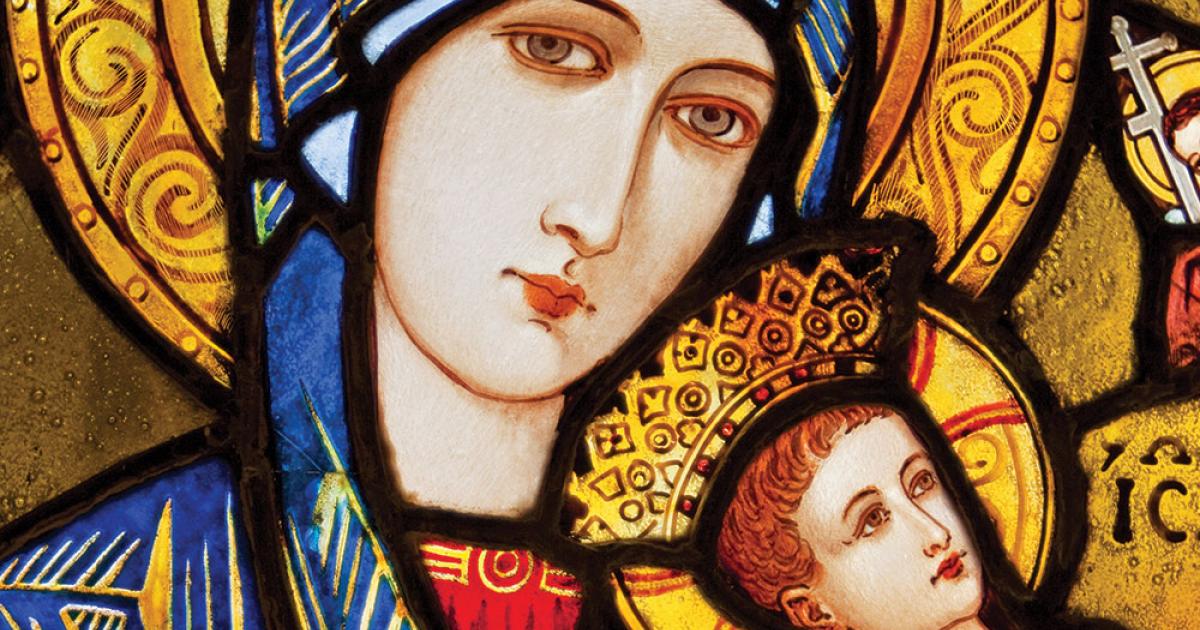As I have said many times on these pages, I grew up when Holy Communion was typically offered four times a year and communicants often did not commune every time it was offered. It was a Word alone piety that betrayed our Lutheran identity. Of course, the faithful had a high regard for the Holy Sacrament of Christ's Body and Blood but not much hunger for it. They honored the Sacrament with great reverence and esteem but they did not see the Sacrament as essential or even vital to their piety. Wherever this came from, it did not come from Luther or the Confessions.
Perhaps they esteemed the Sacrament too highly. Perhaps there was too much made of the idea of being worthy to receive it until it became something almost unapproachable except for the rarest of occasions. In this regard, perhaps Lutherans were not so far from medieval Roman Catholic practice as they thought. Again, I am not sure this has much of anything to do with Luther or the Confessions. Luther insists that worthiness is defined not by outward righteousness but faith, not by behavior that conforms to the Law but repentance and trust in Christ our Savior. That is, perhaps, a thought for another day.
My thoughts today go to hunger. Though we have the Sacrament much more frequently today (more parishes are offering it weekly than have ever been in the US anyway), are we hungry for what Christ offers and we receive there? Do we commune with less preparation and reverence than the past but with the same lack of hunger as did our ancestors to whom the Sacrament was offered but occasionally? It is the hunger that concerns me.
It is an amazing thing to consider that our gracious God was not content only to give us His only Son once for all, willing
Him to take flesh in the womb of the Virgin, to live in perfect obedience to His will, to suffer and die for us on the Cross, and to be raised that we too might live eternally. No, this was not enough. Our gracious God willed that His beloved Son might remain
with us forever -- and not in the imagination of our minds or the feelings of our hearts but in the concrete of the Eucharist. God has perpetuated the real presence of Christ and made the fruits of His one all sufficient sacrifice present and accessible to us in the
Eucharist. He does not simply offer it but bids us come and eat, come and drink, for the forgiveness of our sins, for the assurance of our presence within the Body of Christ, the Church, and for the pledge of eternal life. Are we hungry for this presence, for the fruits of His redeeming work to be adored in the elevation and tasted upon our lips in the communion?
It seems that we might be too comfortable with the idea that Jesus is not with us unless we call upon Him and that His presence in prayer is primary over the efficacious Word and the Sacrament that offers what it signs. Are we so comfortable with the idea that our Lord is now only in heaven at the
right hand of the Father, having departed from us in His Ascension that we either enjoy or have reconciled ourselves to this distance? The Eucharist makes the presence of Jesus with us
both a real one and a permanent one -- at least until He no longer dwells with us and we will dwell with Him. Where is the hunger for this presence? Surely the casual way we dress for worship and approach what happens in worship betrays the lack of this hunger and the presumption that Christ depends upon us to invoke Him and that when we do it is primarily a presence in mind and heart and not in bread and wine.
At the behest of His Father on high, Jesus gives himself
to us in the Eucharist as the true spiritual and essential nourishment of our redeemed souls and body. Having traversed the great divide between us through the bridge of His obedient life and life-giving death, our Lord desires to abide with us and we with Him now, in the Eucharist, and then in eternal life at the heavenly feast He has promised -- without end. By
eating the Body and drinking the Blood of Christ in the Eucharist, we become united to the person of Christ through his humanity. "Whoever eats my flesh and drinks my blood remains in me and I in him" (Jn 6:56). In this communion we participate in and fellowship in Christ (I Corinthians 10:16-17). The fruit of the Spirit is surely hunger for what God offers and Christ bestows and where this hunger is lacking, something is askew. We hunger and thirst for the things of God not because we have reasoned our way or felt our way into this but because the Spirit is at work in us building into us such hunger and thirst -- to abide in Christ and to abide in Christ as Christ has made possible in the Eucharist. It is this hunger that we need to work on both as pastors who preach and teach and people who hear and receive.
Thee We Adore, O Hidden Savior
1 Thee we adore, O hidden Savior, Thee,
Who in Thy Sacrament art pleased to be;
Both flesh and spirit in Thy presence fail,
Yet here Thy presence we devoutly hail.
2 In this memorial of Thy death, O Lord,
Thou dost Thy body and Thy blood afford:
Oh, may our souls forever feed on Thee,
And Thou, O Christ, forever precious be.
3 Thou, like the pelican to feed her brood,
Didst pierce Thyself to give us living food;
Thy blood, O Lord, one drop has pow’r to win
Forgiveness for our world and all its sin.
4 Fountain of goodness, Jesus, Lord and God:
Cleanse us, unclean, with Thy most cleansing blood;
Increase our faith and love, that we may know
The hope and peace which from Thy presence flow.
5 O Christ, whom now beneath a veil we see,
May what we thirst for soon our portion be:
To gaze on Thee unveiled and see Thy face,
The vision of Thy glory, and Thy grace. Amen.










